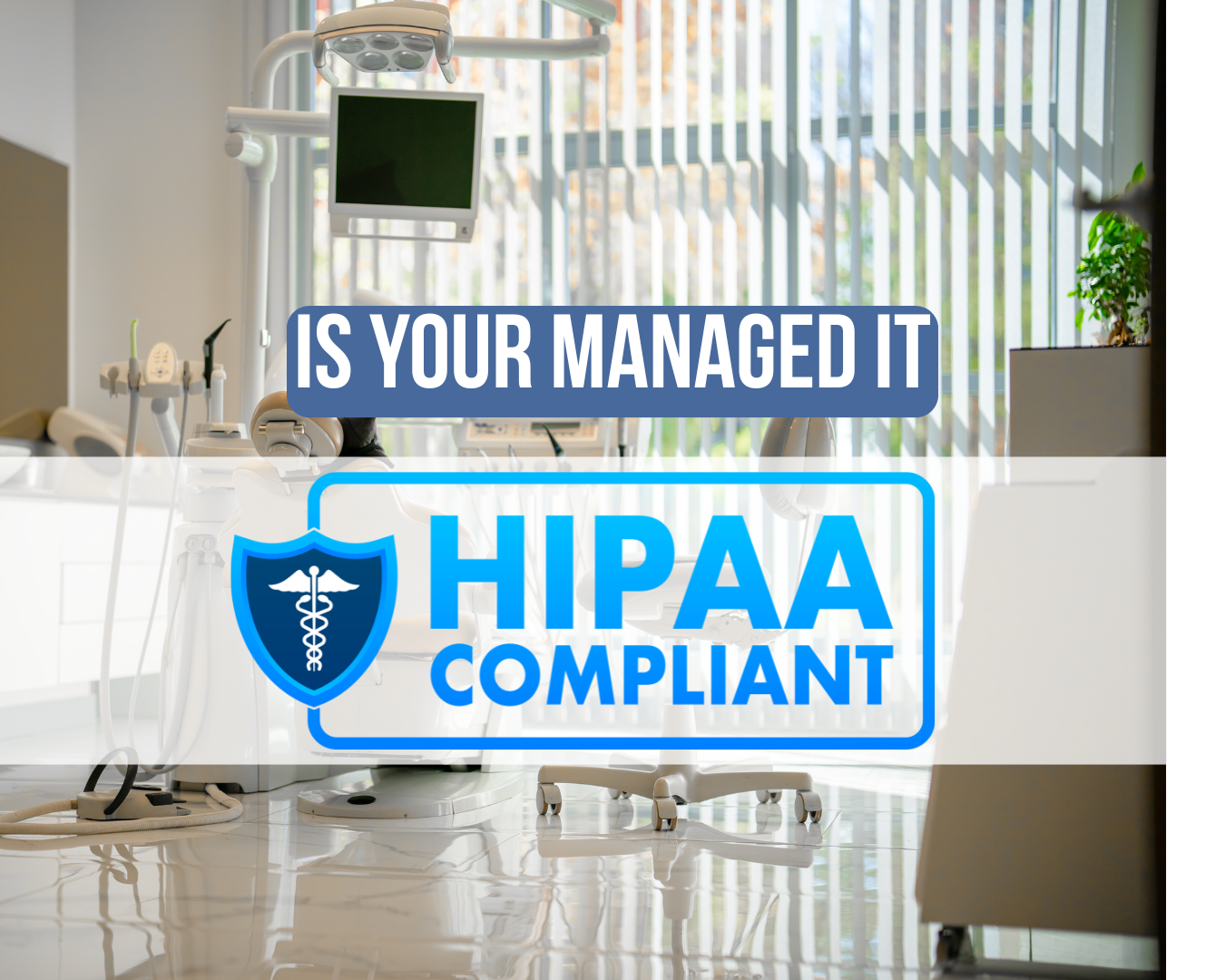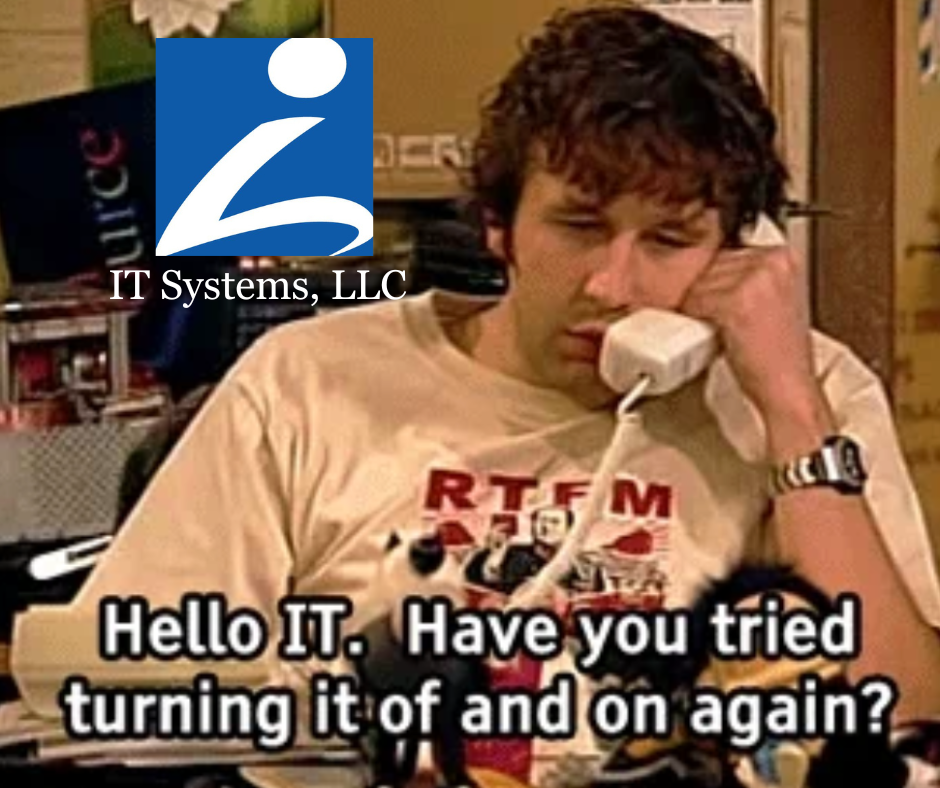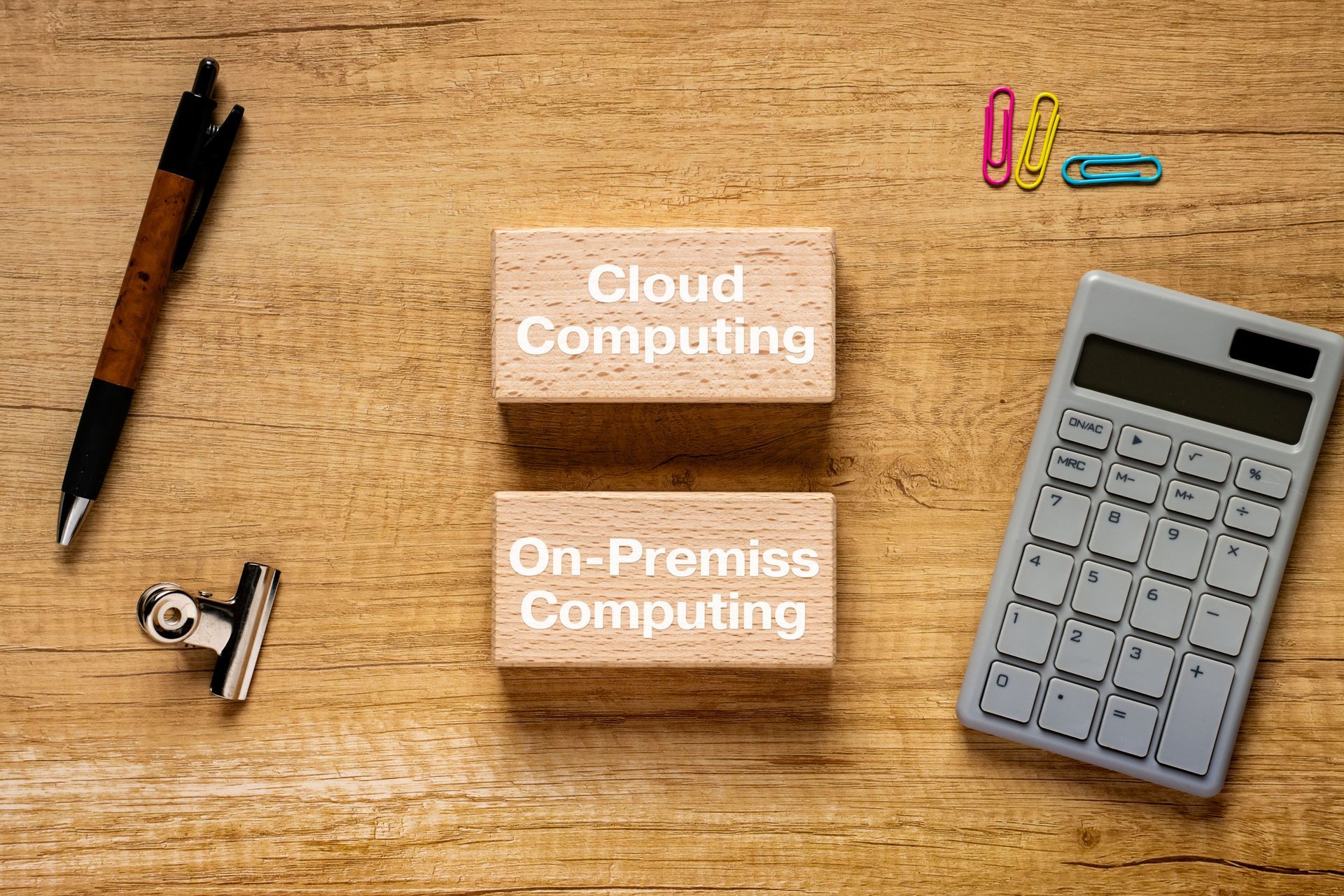
The Digital Dilemma for Dental Practices
Your dental practice may be running state-of-the-art imaging equipment and cloud-based scheduling - but if your systems aren’t HIPAA-compliant, one security breach could cost you more than just downtime.
In today’s digital world, patient data isn’t just stored in a file cabinet anymore. It lives in electronic health records (EHRs), emails, cloud platforms, mobile devices, and even your practice’s Wi-Fi network. And with technology constantly evolving, keeping your dental office compliant with HIPAA requires more than just good intentions.
This guide will walk you through exactly how to keep your dental practice HIPAA-compliant in 2025, from understanding what’s required, to building the right safeguards, to partnering with the right IT provider.
Need help making sure your dental office is compliant? Schedule a free IT assessment
What Is HIPAA and Why Does It Matter to Dental Practices?
The Health Insurance Portability and Accountability Act (HIPAA) was established to protect patients’ sensitive health information and ensure secure data handling across healthcare providers.
If you’re a covered entity (which all dental practices are), you’re legally obligated to follow HIPAA guidelines regarding:
- Privacy (how you protect patient health information)
- Security (how you store and transmit it electronically)
- Breach notification (what happens if there’s a data leak)
Failing to meet HIPAA standards can result in:
- Fines ranging from $100 to $50,000 per violation
- Loss of patient trust
- Damage to your practice’s reputation
- Litigation costs if patients take legal action
How Has HIPAA Compliance Changed in 2025?
As technology advances, so do cyber threats, and HIPAA enforcement has evolved to keep up.
In 2025, HIPAA compliance for dental offices involves:
- Encrypted
cloud storage and backups
- Secured
mobile devices and endpoints
- Use of
multi-factor authentication (MFA)
- Written
policies and staff training
- Continuous
IT risk assessments
- Ensuring
Business Associate Agreements (BAAs) are in place with all vendors
In short, the expectations are higher - and for good reason.
Step 1: Understand What Qualifies as Protected Health Information (PHI)
PHI isn’t just about a patient’s name or birth date. It includes anything that could identify someone and relates to their healthcare, such as:
- X-rays
- Billing information
- Appointment reminders
- Email communications
- Insurance records
- Lab results
HIPAA also governs ePHI, electronic protected health information, which includes any PHI stored or transmitted electronically.
So if your front desk is emailing appointment info or your hygienist is accessing records on a tablet, you’re dealing with ePHI, and HIPAA rules apply.
Step 2: Conduct a Thorough HIPAA Risk Assessment
A HIPAA risk assessment is NOT OPTIONAL - it’s required.
You must evaluate how your practice handles, stores, accesses, and secures PHI. This includes:
How files are backed up
- Who has access to patient records
- Whether your Wi-Fi is encrypted
- If you're using strong, unique passwords
- Whether there are firewalls and antivirus software in place
🔍 Pro Tip: Partner with a local IT provider (like IT Systems, LLC) who can run a technical risk assessment and provide a detailed report with remediation recommendations.
Step 3: Implement the 3 Required Safeguards
HIPAA outlines three categories of safeguards you must put in place:
1. Administrative Safeguards
- Appoint a HIPAA Privacy Officer
- Create and enforce written security policies
- Train all staff on data handling procedures
- Keep records of who has access to what
- Have a written plan in case of a data breach
2. Physical Safeguards
- Lock up physical charts and devices after hours
- Secure server rooms or storage closets
- Use screen privacy filters at front desks
- Restrict access to workstations
- Install security alarms or monitoring systems
3. Technical Safeguards
- Use encryption for all stored and transmitted ePHI
- Require
strong passwords and automatic logouts
- Implement
MFA for logins
- Use
firewalls, antivirus, and intrusion detection systems
- Track access logs and perform regular audits
Step 4: Secure Your Communication Channels
- HIPAA doesn’t prohibit emailing or texting patients, but it does require you to protect those communications.
- Only use encrypted email services
- Never send PHI via personal email accounts
- Avoid unencrypted file sharing (Google Drive, Dropbox, etc.)
- Use secure patient portals for forms and appointment reminders
Step 5: Get Business Associate Agreements (BAAs) in Place
Any vendor who handles your PHI, such as an IT provider, cloud backup service, or billing platform, is considered a Business Associate and must sign a BAA.
A BAA is a legal document stating that they are HIPAA-compliant and will protect your patients’ data.
✅ Ensure you have signed BAAs with:
- Your cloud storage provider
- Your EHR or practice management software
- Your IT provider
- Your email or appointment software
Step 6: Train Your Team (And Document It)
Human error is the leading cause of HIPAA violations.
Staff might:
- Share logins
- Leave a screen open at the front desk
- Send unencrypted emails
- Toss PHI in the trash instead of shredding it
To avoid this:
- Train every team member at least once a year
- Keep written records of training
- Include front desk, billing, hygienists, and assistants
- Role-play breach scenarios and responses
Step 7: Prepare for a Data Breach (Even If It Never Happens)
You hope it never happens. But if it does, you need a clear plan:
- Who will be notified internally?
- What tools will be used to shut down the breach?
- Who is responsible for filing with HHS?
- How will you notify affected patients?
IT Systems, LLC can help you create a custom breach response protocol that meets HIPAA standards and gives you peace of mind.
Real-World HIPAA Compliance Mistakes (and How to Avoid Them)
Here are a few examples of compliance failures we’ve seen in the field:
❌
Using public Wi-Fi to access patient charts
✅ Set up a VPN or avoid using unsecured networks altogether
❌
Reusing the same password for every login
✅ Implement password managers and policies for regular updates
❌
Not backing up data regularly
✅ Use encrypted, off-site backups with version history and 24/7 access
❌
Letting ex-employees retain access to systems
✅ Immediately revoke access when a staff member leaves
How IT Systems, LLC Helps Dental Practices Stay HIPAA-Compliant
We specialize in supporting private healthcare offices and dental practices throughout Grand Rapids and West Michigan.
Our HIPAA-focused IT services include:
✅ Risk assessments & compliance audits
✅ Secure cloud backups
✅ Firewall & antivirus protection
✅ HIPAA training modules for your staff
✅ Ongoing IT support & maintenance
✅ Secure device management for laptops, tablets, and mobile phones
With over 20 years of experience in healthcare IT, we understand how to balance security, performance, and compliance without disrupting your day-to-day operations.
Compliance Isn’t a One-and-Done Thing
HIPAA compliance isn’t just about checking boxes.
It’s about creating a secure and trustworthy environment for your patients - and protecting the reputation you’ve built over the years.
In this digital world, your technology is just as important as your tools. Let’s make sure it’s working for you, not against you.
✅ Want help assessing your HIPAA compliance risk?
We’d be happy to walk through your current systems, identify gaps, and help you build a plan that keeps your practice protected.
👉
Schedule a Free Consultation
Or give us a call at
616-855-0836









